Aquaculture and ocean stewardship
Published in Sustainability

With its focus on the human-environment interactions Ambio has been a forum for discussing many many-facetted environmental issues. However, it is one thing to study and describe a complex problem – actually solving it adds yet another layer of complexity. Finding solutions to wicked environmental problems is not a matter of simple technical fixes or command-control procedures, or even providing clear messages about problems and their causes. Deeper, richer and more continuous dialogues between scholars and other actors, beyond traditional education and extension work, would strengthen at least one pathway towards turning actionable knowledge into knowledge-in-use. For example, long-term engagement and dialogue between researchers in the aquaculture field and industry has helped to realize improvements on feed efficiency and sustainable farming practices and the significance of a healthy ocean for the future of aquaculture.
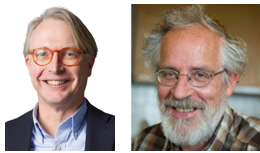
Carl Folke and Nils Kautsky
Behind the Paper: The role of ecosystems for a sustainable development of aquaculture.
In the mid-1980s contemporary aquaculture had emerged as a new way of producing seafood. It was often portrayed as a new technology that would replace overfished stocks and make humankind independent of nature’s fluctuations. Triggered by such claims, we decided to investigate the fast expanding aquaculture industry, which resulted in the 1989 Ambio paper ‘The role of ecosystems for a sustainable development of aquaculture’ (Folke and Kautsky 1989). We were concerned about the belief that natural capital could be fully replaced with human-made capital – perfect substitution - an idea that at that time was deeply rooted in much of the society.
Over the course of the last decades, the work with our colleagues and many other researchers in the aquaculture field, has helped to motivate industry to take on sustainability seriously. Perhaps the most striking example, is the SeaBOS initiative. We showed that about a dozen transnational corporations controlled about 15% of the global marine seafood catch and some 20–40% of the largest and most valuable stocks. Furthermore, these Keystone Actors dominate all segments of seafood production, operate through extensive global networks of subsidiaries and are profoundly involved in fisheries and aquaculture decision-making. Now, since 2016, we have been closely collaborating with ten of these Keystone Actors, first through the Keystone Dialogues and more recently through the Seafood Business for Ocean Stewardship (SeaBOS) initiative that emerged from the dialogues.
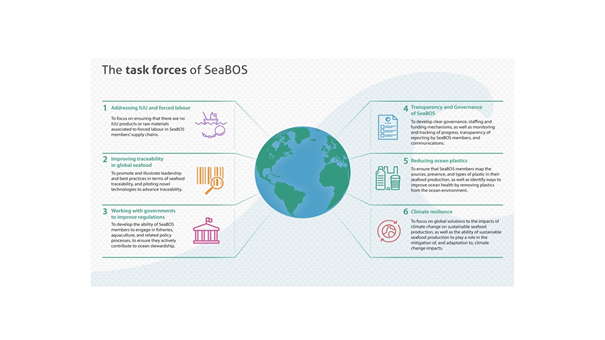
Over the years, our research group has expanded the scope of science from identifying an issue, to developing understanding of the broader system. We are now acting as science-based systemic change makers in collaboration with the keystone actors as well as the broader context within which they operate such as engaging with e.g. the High-Level Panel for a Sustainable Ocean Economy (www.oceanpanel.org) or Friends of Ocean Action (www.weforum.org/friends-of-ocean-action). This is inspiring, and reflects new narratives of hope for action, narratives that reconnect development to the biosphere foundation and the necessity of transformations towards sustainable futures. The circle is closed!
Original article:
Folke, C. and Kautsky, N. 1989. The role of ecosystems for a sustainable development of aquaculture. Ambio 18:234-243.
All articles in Ambio's 50th Anniversary Collection: Solutions-oriented research
Editorial
Andersson, E. 2021. The role of science in finding solutions to wicked, systemic problems. 50th Anniversary Collection: Solutions-oriented research. Ambio Volume 50.
Behind the paper:
Cassman, K.G., Dobermann, A. 2021. Nitrogen and the future of agriculture: 20 years on. 50th Anniversary Collection: Solutions-oriented research. Ambio Volume 50.
Falkenmark, M. 2021. Planning of Africa’s land/water future: Hard or soft landing? 50th Anniversary Collection: Solutions-oriented research. Ambio Volume 50.
Folke, C. and Kautsky, N. 2021. Aquaculture and ocean stewardship. 50th Anniversary Collection: Solutions-oriented research. Ambio Volume 50.
Perspective:
Tengö, M., Andersson, E. 2021. Solutions-oriented research for sustainability: Turning knowledge into action. Anniversary Collection: Solutions-oriented research. Ambio Volume 50.
Lang, D.J., Wiek, A. 2021. Structuring and advancing solution-oriented research for sustainability. Anniversary Collection: Solutions-oriented research. Ambio Volume 50.
Follow the Topic
What are SDG Topics?
An introduction to Sustainable Development Goals (SDGs) Topics and their role in highlighting sustainable development research.
Continue reading announcement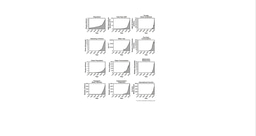
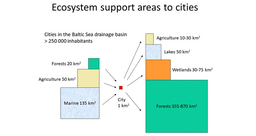
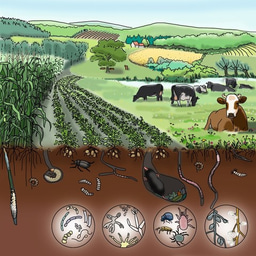
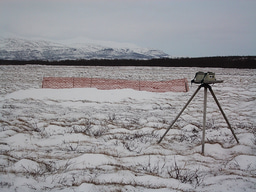
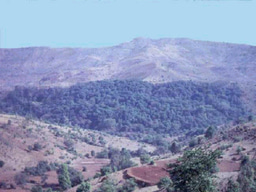
Please sign in or register for FREE
If you are a registered user on Research Communities by Springer Nature, please sign in